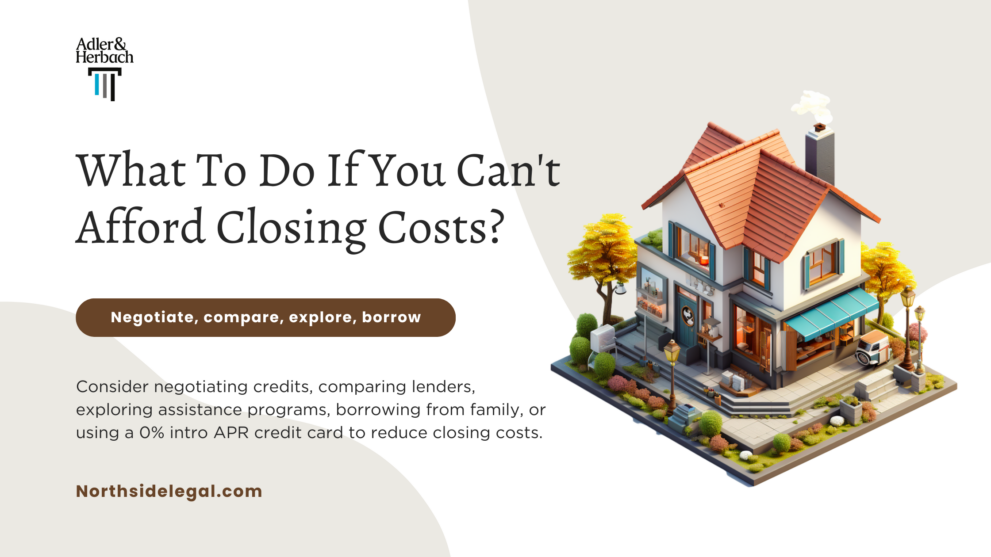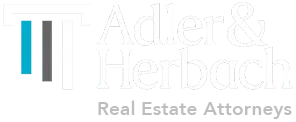Buying a home is an exciting milestone, but it also involves significant upfront expenses. Closing costs, the fees charged to finalize and “close” on a mortgage, can run anywhere from 2-4% of the total loan amount. For a $200,000 home, that’s $4,000-$8,000 due at closing. These costs cover origination charges, appraisal fees, title searches, insurance, taxes and more.
What If I Can’t Afford Closing Costs?
When facing steep closing costs, consider options like negotiating credits with the seller, comparing lenders, exploring assistance programs or asking for a lender credit. Alternatively, borrow money from family or use a 0% intro APR credit card. Each tactic ensures affordable homeownership without exhausting your savings.

If you don’t have thousands available, closing costs can derail your home buying plans. But don’t give up hope. Here are some options to cover closing costs if funds are tight:
1. Negotiate with the Seller
Some sellers are willing to shoulder all or part of the buyer’s closing costs as an incentive to sell. This tactic, called closing cost assistance, essentially provides the buyer with a discount on the sale price. Be sure to make this request before submitting an offer, so the assistance is reflected in the purchase contract.
2. Shop Around With Lenders
All lenders charge different fees, so compare quotes from multiple companies. Online lenders tend to offer lower closing costs than big banks. Ask each lender what specific charges they require and how much they estimate total closing costs to be. A little shopping around could easily save you a thousand dollars or more.
3. Look Into Down Payment Assistance Programs
Federal, state and local governments, as well as private organizations, offer down payment and closing cost assistance grants and loans. Eligibility requirements and available funding vary greatly depending on your location and income level. Reach out to a HUD-approved housing counselor to learn about programs available in your area.
4. Borrow the Money from Family
If possible, obtain gift funds from a family member rather than tapping high-interest credit cards or personal loans. Generally, these funds will need to be documented as a gift rather than a loan.
5. Use a Credit Card with a 0% Intro APR
While you can’t pay all closing costs with a credit card, there are some fees you may be able to charge. These include appraisal & inspection fees, application fees, credit report fees and annual homeowner’s insurance premiums. Putting these on a card with a 0% intro APR can help conserve cash for other closing expenses that must be paid upfront, like down payment and prepaid interest. Just be absolutely sure you can pay off the balance before deferred interest kicks in. Using a credit card strategically for approved closing costs can help offset the out-of-pocket hit, but have a plan for paying it back on time.
Learn more about
In Summary
Saving up enough for closing costs takes diligent budgeting. But if your savings still fall short, the options above can help you cover the gap. With creativity and planning, you can make your homeownership dream a reality, even with limited funds. Don’t let the closing costs derail your plans!


